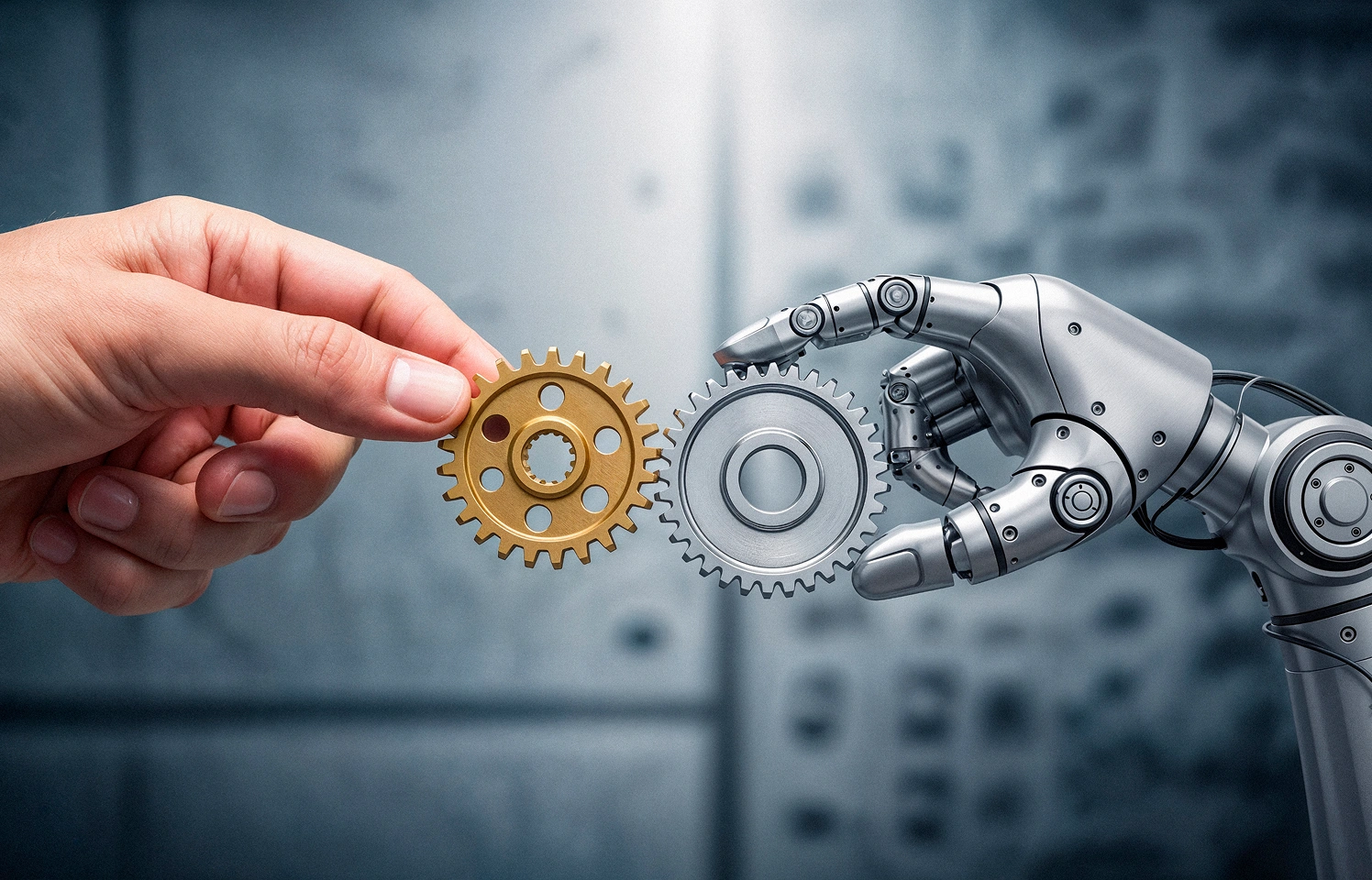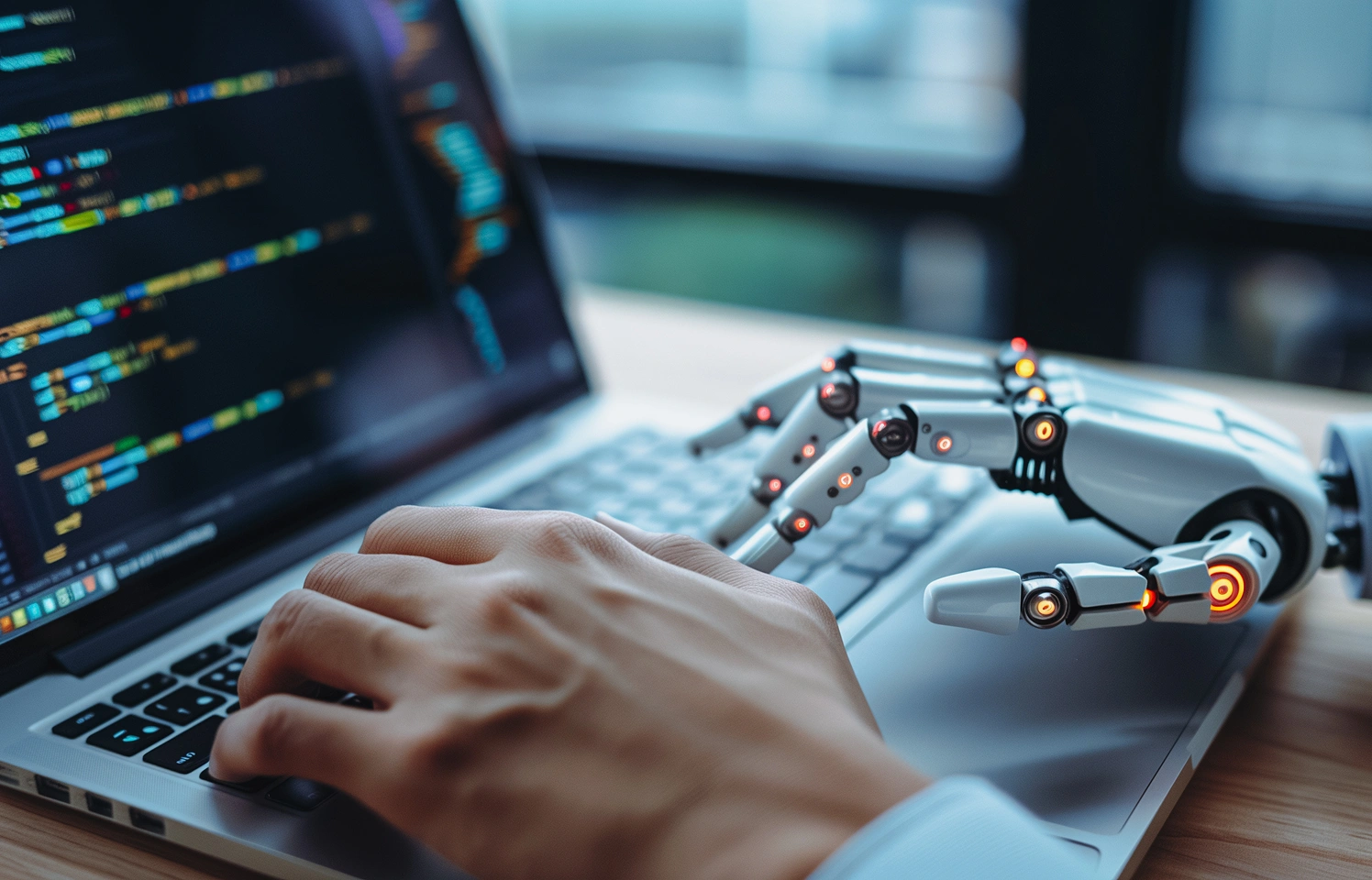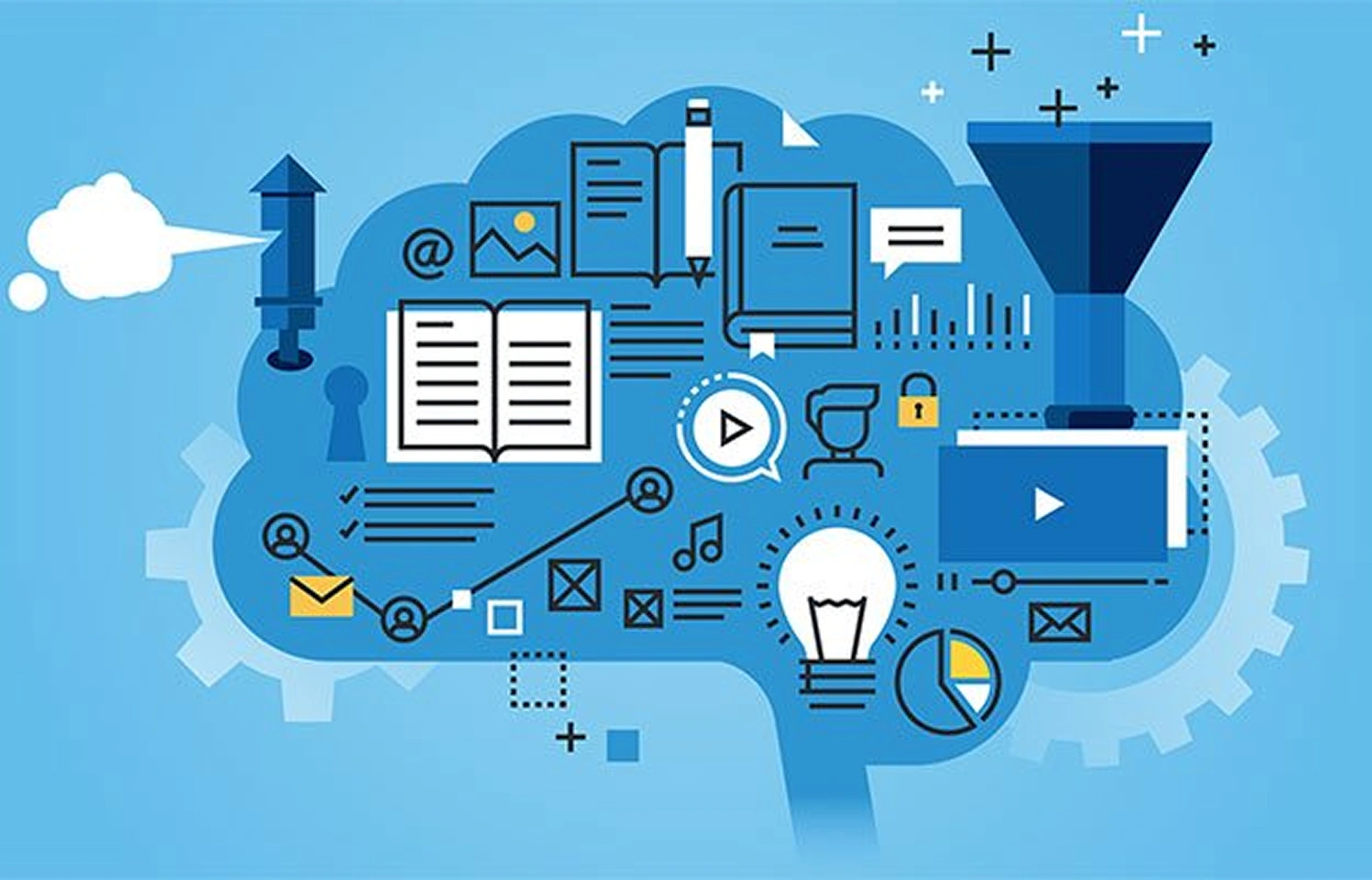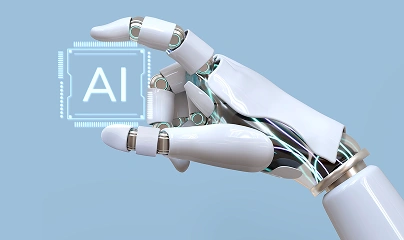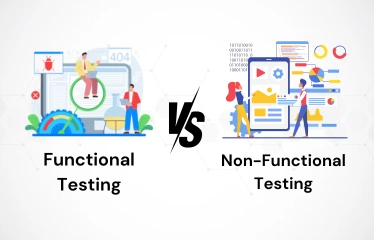By: Nilesh Jain
|
Published on: August 8, 2025
In India, the adoption of AI and machine learning (ML) is rapidly transforming
industries, from healthcare and finance to e-commerce and manufacturing. As organizations
increasingly rely on AI-driven models, ensuring model accuracy and reliability becomes
non-negotiable. Inaccurate predictions or biased outcomes can lead to severe consequences,
especially when decisions influence real-world applications.
This is where AI testing and machine learning testing come into play. Testing these models is
essential for validating their effectiveness and ensuring they perform reliably across various
environments and conditions. AI quality assurance, AI model validation, and ML performance
testing are critical components that help optimize the models’ ability to deliver accurate,
fair, and consistent results.
This article dives into why AI model accuracy and machine learning model reliability matter in
India’s fast-growing AI landscape. We will explore the best practices for AI testing, the
importance of AI bias detection, and effective model verification and validation techniques.
Plus, we’ll show you how Vervali helps businesses in India improve AI model performance
and ensure that your AI solutions meet the highest standards.
Why AI & Machine Learning Testing is Crucial in India’s Evolving Tech
Ecosystem
-
AI Model Accuracy and Reliability: In India, where AI
applications span healthcare diagnostics, financial forecasting, and customer service
automation, model accuracy and reliability are essential to avoid poor decision-making
and potential regulatory issues.
-
Machine Learning Performance Testing: To ensure that ML
models continue to improve with more data and better algorithms, continuous
performance testing and validation are key. ML testing best practices help
mitigate risk, optimize performance, and validate model predictions.
-
AI Bias Detection: In India’s diverse socio-economic landscape,
ensuring that AI models are bias-free and fair is crucial to avoid reinforcing
existing disparities in the decision-making process.
For AI systems to perform at their best, testing should cover not only accuracy and performance
but also biases that may arise during model training. This is where AI bias detection plays a crucial
role. By proactively identifying and mitigating biases, businesses can ensure that AI systems
function ethically and fairly.
The Importance of AI Testing: Ensuring AI Model Accuracy
AI testing is the process of verifying the accuracy, efficiency, and ethical performance
of AI models. AI models must go through rigorous testing phases to ensure they meet predefined
benchmarks of accuracy and reliability. This is especially important for industries like
healthcare and finance in India, where decisions made by AI systems can significantly impact
individuals and businesses.
AI Model Validation:
Before deployment, AI models should undergo AI model validation to verify that their
predictions align with real-world data. This process also helps confirm that the model performs
optimally across all possible edge cases.
Verification and validation help ensure that AI models are functioning as expected before they
are used for business-critical applications. For more information about how we handle model validation testing, visit
our
dedicated page.
Key Areas of Focus in AI Testing:
-
Data integrity: Ensuring the training data is accurate,
unbiased, and comprehensive.
-
Performance under different scenarios: Testing for scalability,
speed, and stability when interacting with new or unseen data.
-
Error detection and logging: Implementing automated checks to
spot anomalies early.
Machine Learning Model Reliability: Testing for Long-term Success
Reliability is a critical factor in ensuring that a machine learning model continues to
perform as expected throughout its lifecycle. In India, where ML models are increasingly being
adopted for everything from automated customer service to predictive maintenance, ensuring
machine learning model reliability is crucial for sustained success.
Machine Learning Performance Testing
Performance testing for ML models in production environments is essential to monitor how the
model handles real-world scenarios. From model drift to data changes, constant evaluation
helps detect issues before they affect the model’s reliability.
For ML models, data drift testing is a vital aspect of ensuring consistent performance.
As models are deployed in live environments, data drift can cause significant deviations from
expected results. Data drift testing helps identify
and mitigate these issues before they impact performance.
Best Practices for Machine Learning Testing
-
Automated testing: Continuous testing pipelines that track model
performance during training and after deployment.
-
Cross-validation: Using techniques like k-fold cross-validation
to test the model on different subsets of the training data.
-
Out-of-sample testing: Ensuring that the model's performance on
unseen data reflects its ability to generalize.
AI Bias Detection and Its Impact on Model Performance
As AI systems make more critical decisions, AI bias detection becomes vital, especially in
diverse markets like India, where the model’s predictions can inadvertently favor one group over
another.
AI Bias Detection Techniques
-
Fairness metrics: Analyzing whether the model disproportionately
favors or harms a particular demographic.
-
Data auditing: Ensuring the training data is diverse and free
from systemic biases.
-
Adversarial testing: Implementing tests that challenge the model
with edge cases to check for unintended biases.
Concerned about biased outcomes?
Model Verification and Validation: Best Practices for Indian Businesses
Model verification and validation are key components in ensuring that AI and ML
models meet all technical, business, and ethical requirements. In India, companies adopting AI
for regulated industries, such as finance and healthcare, must ensure that models are not only
accurate but also legally compliant.
AI Model Verification:
Verification ensures that the model has been built according to the specifications and design
parameters. This process typically involves checking the algorithm’s correctness, alignment with
business goals, and the integration of necessary compliance frameworks.
For businesses in India, especially in regulated sectors, performing a detailed model
verification process ensures that AI models comply with industry standards and
regulatory requirements.
Validation in Machine Learning Testing:
Validation checks the model’s functionality in the real world, ensuring that its outputs align
with expectations when faced with unseen data.
Why AI and ML Testing are Important for Businesses in India
The increasing reliance on AI across industries like finance, retail, and healthcare in India
demands rigorous AI quality assurance and machine learning testing processes.
Ensuring that your AI models are accurate, reliable, and free of bias is essential to building
trust with users and stakeholders.
Why AI Testing Matters for Indian Enterprises:
-
AI Model Accuracy: Ensures that the AI system delivers the
expected results based on real-world data.
-
Machine Learning Testing: Helps optimize model performance for a
consistent, high-quality experience across different use cases.
-
AI and ML Testing Importance: With India rapidly embracing AI
technologies, it’s crucial that businesses adopt a proactive approach to ensure their AI
models meet industry standards and regulatory compliance.
To learn more about how AI testing and ML testing best practices can help your
business, read our
detailed guides on AI and Machine Learning Testing.
Ready to ensure your AI models are performing at their best?
Conclusion
In India’s fast-moving tech industry, AI and machine learning testing are vital for
ensuring the accuracy and reliability of AI models. As organizations integrate AI
solutions into critical business functions, from finance to healthcare, model validation, AI
quality assurance, and performance testing are essential practices to mitigate
risks and optimize performance.
With AI bias detection and ongoing model verification, Vervali helps Indian
businesses ensure their AI models are not only high-performing but also ethical, compliant, and
sustainable.
Ensure your AI models are ready for real-world deployment.
Frequently Asked Questions (FAQs)
AI testing ensures the model’s predictions align with real-world
data, minimizing risks like poor decision-making in critical
industries.
AI bias detection helps identify and correct biases in AI models to
ensure fairness and avoid reinforcing existing societal
inequalities.
By continuously testing performance under different scenarios and
using ML testing best practices such as cross-validation and
automated pipelines.
Best practices include automated testing, out-of-sample testing, and
using performance metrics to track the model’s stability and
accuracy over time.
Yes, we specialize in AI model validation, testing, and ensuring
that your AI models are not only accurate but compliant with
regulations.
AI models should be tested throughout their lifecycle, from initial
training to post-deployment, to ensure consistent performance.
Verification checks the algorithm's correctness, while validation
ensures the model’s performance aligns with real-world expectations.
Yes. Early testing and model verification help catch issues in the
development stage, ensuring smoother deployment and avoiding costly
mistakes later.
It optimizes the model’s ability to generalize, adapt, and maintain
high accuracy, reducing model drift over time.
By following model verification and validation frameworks and
adhering to regulatory standards for AI in industries like finance
and healthcare.























